I have to find the set of integers that minimize this objective function:
The costraints are:
T, A and B are double known numbers.
I have been looking at the OR-Tools C++ library in order to solve this problem, specifically at the CP-SAT solver.
- Is it the right tool from such problems?
- If yes, would it be feasible to convert all the
doubletointin the objective function? - If not, what else do you suggest? (I'm also open to other open source C++ libraries)

